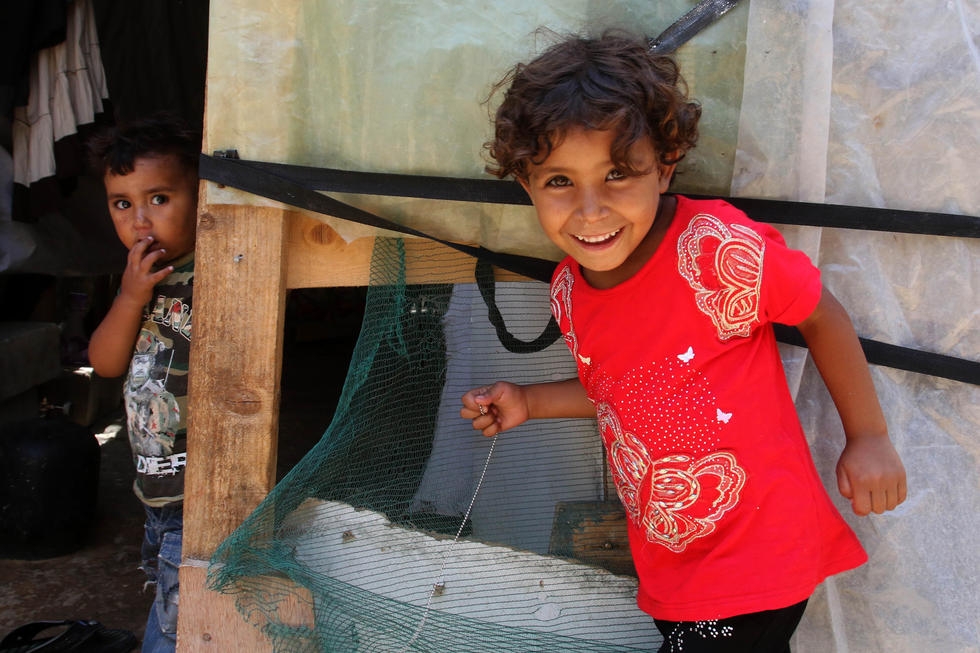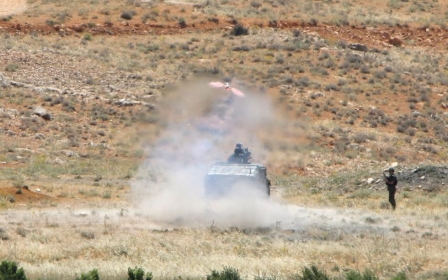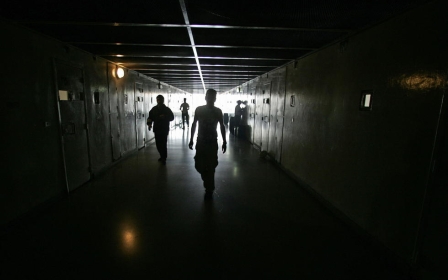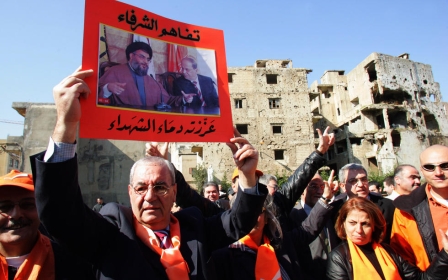Lebanon's deceptive resilience

Lebanon’s much-vaunted resilience in the face of the regional turmoil around it conceals a disturbing complacency that simultaneously preserves and undermines its increasingly fragile state.
The conflicts raging in neighbouring Syria and beyond have to some extent played to its advantage, shifting the locus of a Saudi-Iranian standoff away from Beirut. Syria’s civil war also offers powerful cautionary reminders to a country that recently went through 15 years of similar collective disaster. The military supremacy of Hezbollah, an Iranian-backed Shia armed movement and political party, has also deterred the latter’s domestic and regional foes from directly challenging it.
Still, Syria’s implosion has sent enormous shockwaves across the border, exacerbating political and sectarian fault lines, fuelling existential communal fears, reviving militia activity, and bringing in refugees who now account for more than 20 per cent of the country’s population.
And yet, all these old and new problems have served as a pretext to do as little as possible. The Lebanese political class, which presides over a governance structure that has been polarised to the point of paralysis over the best of the past decade, has confined its role merely to containing some aspects of the crisis while managing the system’s longstanding gridlock.
Parliamentarians have thus failed to elect a new president despite convening to do so over twenty times, as if the ritual of reenacting the status quo was good in itself. Meanwhile, the legislature has renewed its own mandate unconstitutionally, the executive is unable to govern, and growing socioeconomic disparities are depriving ever-larger segments of society of advancement opportunities.
Typically, in dealing with Sunni extremism and the threat posed by the Islamic State (IS), the Lebanese political establishment has focused on symptoms to distract from deep-seated causes. By treating the problem as an imported by-product of the region’s conflicts, they – and in particular Hezbollah and its local nemesis, the Future Movement – are evading their own long-standing responsibility in fuelling sectarianism.
Sunni Muslims in Lebanon – whether of Lebanese, Syrian or Palestinian origin – already voice deep sentiments of persecution. The Lebanese authorities’ security-heavy approach, including arbitrary raids and arrests, unlawful detention and torture, is further alienating these constituencies far beyond their fundamentalist fringes. Since the authorities turn a blind eye to the Shiite equivalent of Islamic radicalism, the policy has exacerbated sectarianism.
Likewise, Syrian refugees have become a scapegoat for equally pressing homegrown problems. Unabashed ostracism heightens refugees’ resentment toward their host country, a troubling echo of attitudes to Palestinian refugees that helped fuel the 1975-1990 civil war. Blaming the country’s social tensions, crumbling infrastructure, economic hardship, waning basic services or worsening insecurity on Syrian refugees is symptomatic of the state’s shortcomings. While failing to agree on an overall policy to address the challenge, officials have allowed local councils and communities to impose abusive measures such as selective curfews singling out Syrians.
The abysmal performance of the Lebanese political class has paradoxically entrenched its position. Lebanese society, hardened by a state of persistent crisis, adjusts to the state’s malfunctions, bypasses its institutions, and relies on private initiatives to get on with life. Yet the deficiencies of the state apparatus and formal economy have reinforced patronage networks tying into the political elite, making them indispensable. While deploring these circumstances, which undermine the state of law that most Lebanese would prefer, much of society lives on by the rules of clientelism, nepotism and corruption.
The shrewd balancing act of Lebanon’s political class does little to address its people’s worries but just enough to avoid provoking a collective collapse. Officials deftly use informal agreements to avoid breaking points. These stopgaps are altogether imperfect and easily reversible. For instance, an intra-Christian dialogue helps manage tensions around the presidency issue without solving it. Elsewhere, a line of communication and 2014 security plan between the Shiite Hezbollah and the Sunni Future Movement prevents outbursts of violence at the same time as both continue to spew sectarian venom.
The practised resilience of Lebanon’s political class and society serves, therefore, as a trompe-l’oeil. In reality, the country is far from insulated against internal and external tribulations, not least the Riyadh-Tehran tug of war and unprecedented forms of Sunni and Shiite transnational jihadism.
The time has come for Lebanese leaders to strengthen the state’s weakened immune system by, for instance, holding long-overdue parliamentary and presidential elections, adopting a policy toward Syrian refugees that both minimises security threats and also ensures respect of their dignity and rights, promoting accountability within the state apparatus, and fighting endemic corruption. Otherwise there is every reason to believe that the country’s apparently robust health will, sooner or later, deteriorate suddenly.
- Sahar Atrache is Lebanon Senior Analyst at International Crisis Group.
The views expressed in this article belong to the author and do not necessarily reflect the editorial policy of Middle East Eye.
Photo: Children play outside a makeshift shelter on 17 July, 2015 at a Syrian refugee camp in the town of Zahrani in south Lebanon on the first day of Eid Al-Fitr holiday that marks the end of the fasting month of Ramadan. (AFP)
New MEE newsletter: Jerusalem Dispatch
Sign up to get the latest insights and analysis on Israel-Palestine, alongside Turkey Unpacked and other MEE newsletters
Middle East Eye delivers independent and unrivalled coverage and analysis of the Middle East, North Africa and beyond. To learn more about republishing this content and the associated fees, please fill out this form. More about MEE can be found here.





